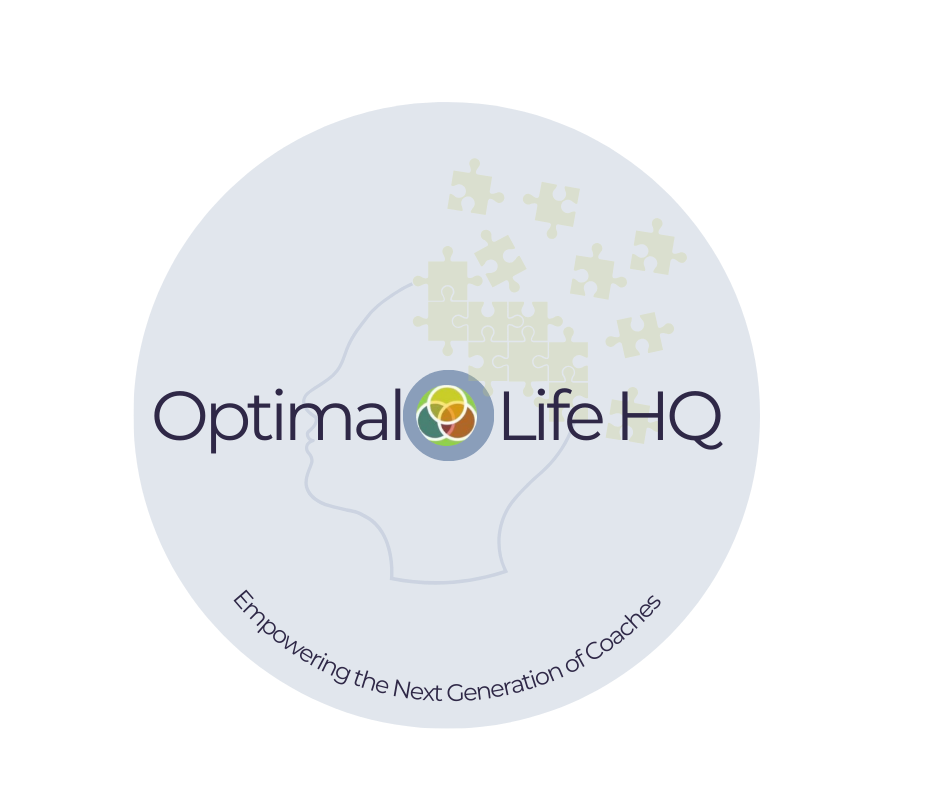Safe Space,
Strong Practice
Learn how to integrate trauma-sensitive practices into your coaching sessions to create a safer, more supportive environment for clients, fostering trust, resilience, and growth without re-traumatization. This course also helps coaches protect themselves by establishing clear boundaries, staying within their scope, and practicing trauma-informed coaching responsibly.


